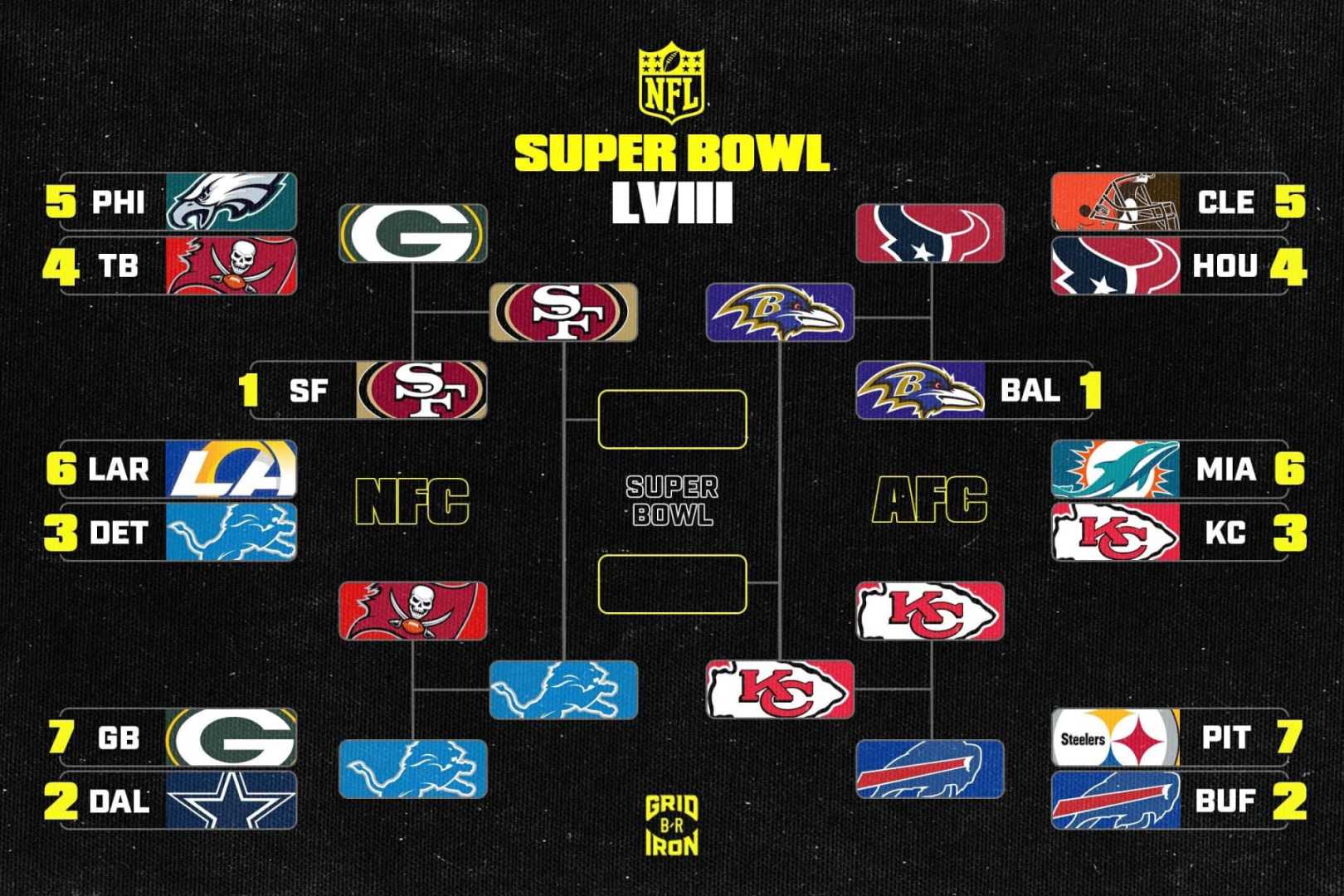Sports
NFL Playoff Expansion: Success or Overreach?

NEW YORK — The NFL‘s decision to expand its playoff format from 12 to 14 teams in 2020 has sparked debate over its impact on the league. Designed to generate additional revenue, the move added two extra playoff games, bringing in hundreds of millions of dollars for team owners. But five seasons in, questions remain: Has the expanded format improved the postseason experience, or has it diluted the competition?
Since the change, the No. 7 seed has struggled to compete, with a 1-9 record against No. 2 seeds in the wild-card round. The lone victory came in 2023 when the Green Bay Packers defeated the Dallas Cowboys 48-32. This season, the Packers fell to the Philadelphia Eagles, while the Denver Broncos were eliminated by the Buffalo Bills. Despite occasional excitement, most No. 7 seeds have been outmatched, raising concerns about the quality of playoff teams.
“The 7-seed has mostly given flawed teams the right to get stomped on the road,” said ESPN analyst Bill Barnwell. However, advanced metrics like DVOA (Defense-adjusted Value Over Average) suggest that most No. 7 seeds have been deserving playoff contenders, ranking as the league’s 11th-best team on average. The 2021 Pittsburgh Steelers, who ranked 24th in DVOA, were the exception.
The expanded format has also altered the value of the No. 2 seed. While No. 2 seeds have dominated No. 7 seeds (9-1 since 2020), they no longer receive a first-round bye, a significant change from the previous 12-team format. This has led to questions about whether teams will prioritize securing the No. 2 seed in the future.
Despite these shifts, top seeds have continued to reach the Super Bowl at the same rate as before. Under the 14-team format, 50% of No. 1 seeds have advanced to the championship game, matching the success rate from 2002 to 2019. The only Super Bowl featuring both No. 1 seeds was Super Bowl LVII, when the Kansas City Chiefs faced the Philadelphia Eagles.
As the NFL evaluates its playoff structure, potential changes include reverting to a 12-team format, expanding to 16 teams, or reseeding teams based on performance rather than division standings. While each option has its pros and cons, the league is unlikely to reduce the number of playoff games, given the significant revenue they generate.
“There’s no way the league would return to the 12-team playoff,” Barnwell said. “The 7-seeds have been better than most think, and the NFL isn’t going to give up that money.”
For now, the 14-team format remains in place, offering both excitement and challenges as the league continues to balance competition and profitability.












